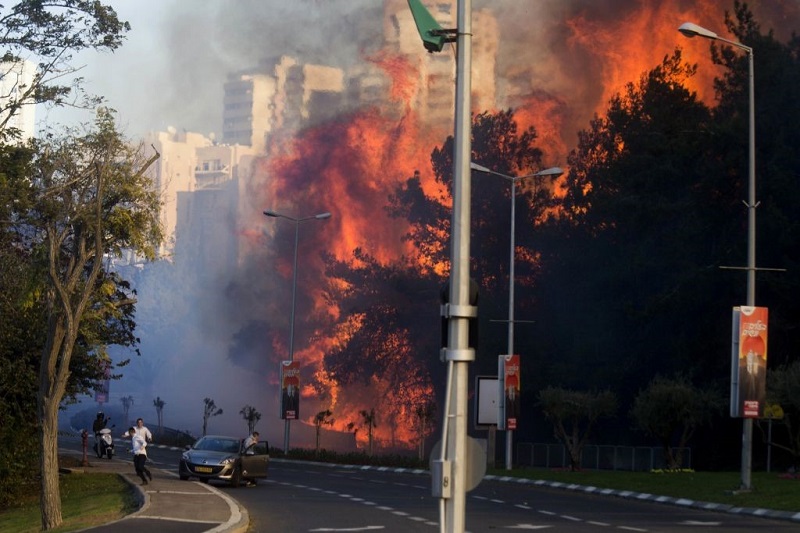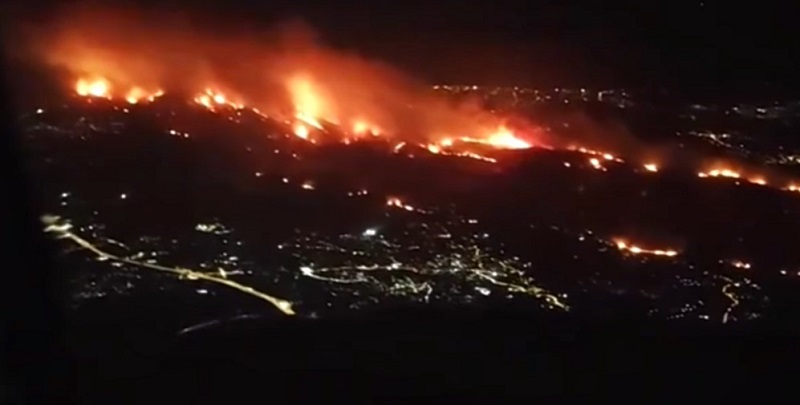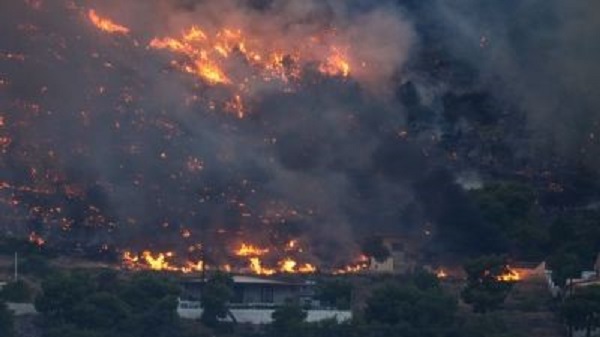Currently around 700 firefighters with 190 fire engines and over 30 aircraft are struggling against the fire which has now scaled Mount Pentelicon, looming over Athens. Authorities have reported there is simply no let up or signs of the blaze subsiding with forty new flare ups since Monday morning.
Countries such as Italy, France, Romania, and the Czech Republic have sent additional firefighting teams and equipment to assist Greece. This international aid highlights the solidarity and cooperation within the European Union during natural disasters.
Climate Change as a Catalyst
Advertisement

Source: Times of Israel
Experts link the severity of this year's wildfire season to climate change, which has led to hotter, drier conditions across the Mediterranean, making the environment more prone to wildfires.
The current heatwave across Europe is complicating firefighting efforts, with temperatures in some areas exceeding 40 degrees Celsius (104 degrees Fahrenheit), creating ideal conditions for wildfires to spread rapidly. Areas in and around France clocked 40 degrees Celsius on Sunday while Rome saw 38 degrees Celsius on Monday.
Government Response and Future Preparations
Advertisement

Source: YouTube
The Greek government is actively implementing emergency measures and planning future strategies to better manage and mitigate wildfire risks, including upgrading firefighting technology and enhancing early warning systems.
Global Impact and Media Attention
Advertisement

Source: ITVX
Several renowned sites are under threat such as the National Observatory of Athens in Penteli as the flames burn through some of its facilities. The situation has drawn global attention, emphasizing the need for comprehensive international strategies to address the impacts of climate change on wildfire frequency and intensity. The response to the crisis in Greece may serve as a model for future global firefighting and disaster response strategies. Watch a video report of the situation.